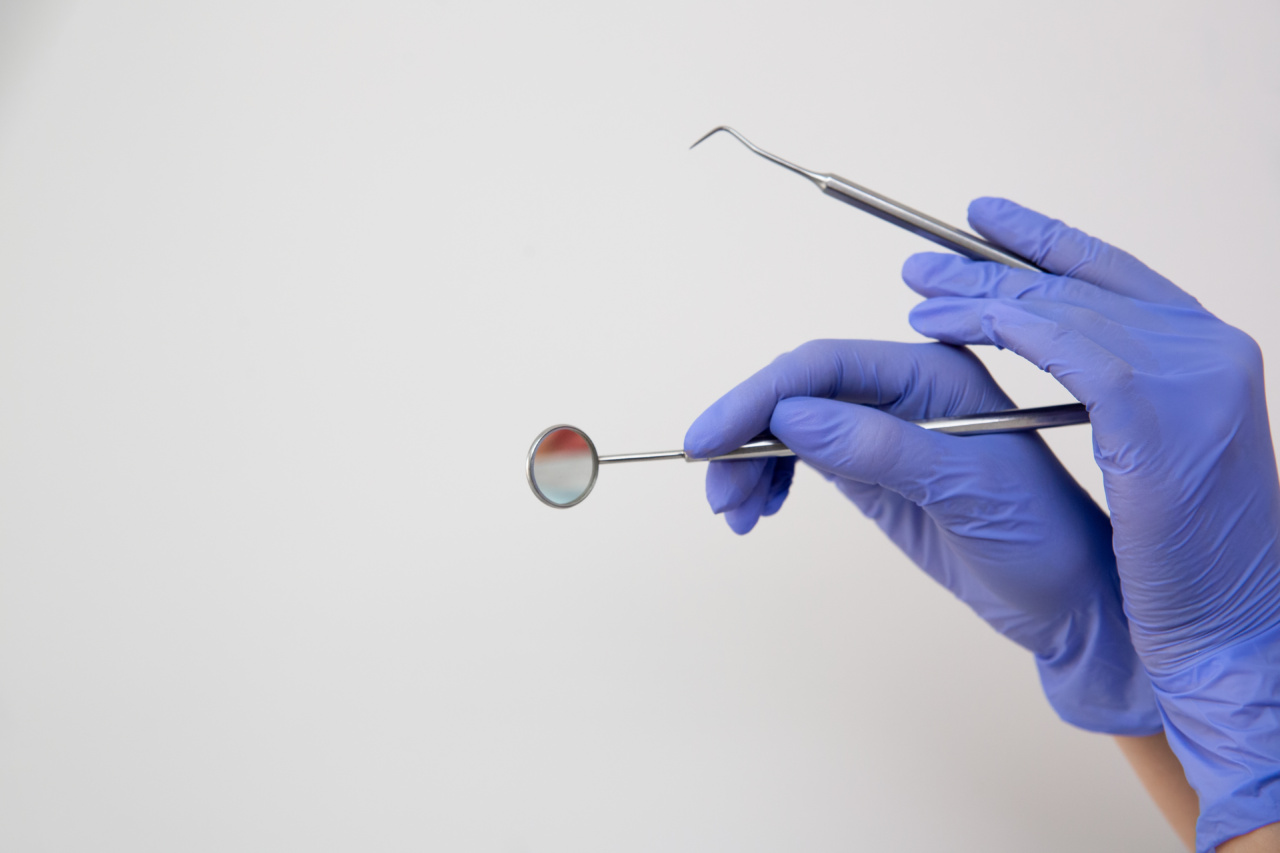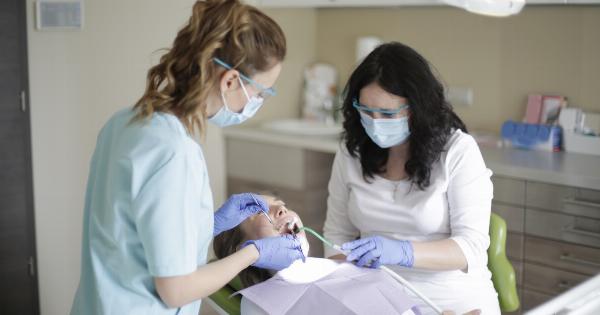Regular dental check-ups are essential for maintaining optimal oral health. While most visits to the dentist involve routine cleaning and examination of teeth and gums, it is equally important to have preventive orthodontic cancer checks.
These checks help identify any signs or symptoms of oral cancer at early stages, greatly increasing chances of successful treatment and recovery. Regardless of age, everyone should prioritize preventive orthodontic cancer checks to ensure timely detection and appropriate management of this potentially life-threatening condition.
Why is Preventive Orthodontic Cancer Check Necessary?
Oral cancer refers to the abnormal growth of cells in the oral cavity or the oropharynx. It can affect the lips, tongue, cheeks, throat, or any other part of the mouth.
According to the American Cancer Society, approximately 54,000 new cases of oral cancer are diagnosed each year in the United States alone. Additionally, oral cancer has a high mortality rate, with one person dying from oral cancer every hour.
The early stages of oral cancer often go unnoticed, as they may not cause any pain or discomfort. However, a preventive orthodontic cancer check can help identify subtle changes in the oral tissues that may indicate the presence of cancer.
By detecting oral cancer early on, dentists can refer patients for further testing and treatment, improving the chances of successful recovery.
Who Should Have Preventive Orthodontic Cancer Checks?
Preventive orthodontic cancer checks should be performed on individuals of all ages. Contrary to common belief, oral cancer is not limited to older individuals or those with a history of tobacco use.
While these factors do increase the risk, oral cancer can occur in anyone, including young adults and even children.
Regular dental visits should begin as soon as a child’s first tooth erupts. Children can also benefit from preventive orthodontic cancer checks, as dentists can ensure early detection of any abnormalities or signs of oral cancer.
Early intervention can significantly improve the prognosis and outcome of oral cancer treatment.
Adults should continue to have preventive orthodontic cancer checks throughout their life.
Regular dental check-ups often include a visual examination of the oral tissues, during which the dentist looks for any signs of oral cancer or precancerous lesions. By staying proactive and vigilant, individuals can greatly reduce the risk of late-stage diagnosis and improve their chances of successful treatment.
What to Expect During a Preventive Orthodontic Cancer Check?
A preventive orthodontic cancer check involves a thorough examination of both the oral cavity and oropharynx. The dentist will carefully inspect the mouth, lips, tongue, gums, cheeks, and throat for any abnormalities.
They may also gently palpate the lymph nodes in the neck and jaw area to check for any swelling or tenderness.
If any suspicious areas are identified, the dentist may use additional tools to further investigate.
This can include the use of specialized lights, such as VELscope or OralCDx, which help detect abnormal cellular changes that may not be visible to the naked eye. In some cases, a biopsy may be recommended to obtain a sample of the suspicious tissue for laboratory analysis.
Prevention and Self-Examination
While regular preventive orthodontic cancer checks are essential, individuals should also be proactive in maintaining their oral health.
Practicing good oral hygiene, avoiding tobacco and excessive alcohol consumption, and eating a balanced diet can all contribute to reducing the risk of oral cancer.
In addition, individuals can perform self-examinations at home to help identify any potential signs of oral cancer. This includes looking for any persistent sores, lumps, or red or white patches in the mouth or throat.
If any unusual changes are noticed, it is important to consult a dentist or medical professional promptly.
It is worth noting that self-examinations are not a substitute for professional dental care, including preventive orthodontic cancer checks.
Only a trained dental professional can provide a comprehensive examination and accurately diagnose any potential oral health issues, including oral cancer.
The Importance of Timely Detection and Treatment
Early detection of oral cancer is crucial for successful treatment. When oral cancer is diagnosed in its early stages, the chances of complete remission and survival are significantly higher.
Treatment options for oral cancer may include surgical removal of the tumor, radiation therapy, chemotherapy, or a combination of these approaches.
Regular dental examinations, which include preventive orthodontic cancer checks, help in the early detection of oral cancer. Dentists can identify warning signs and refer patients to medical professionals for further evaluation and treatment.
By being proactive and prioritizing preventive orthodontic cancer checks, individuals can take control of their oral health and greatly improve their chances of successful recovery if oral cancer is detected.
Conclusion
Preventive orthodontic cancer checks are necessary for individuals of all ages. By prioritizing these regular examinations, individuals can have a better chance of early detection and successful treatment of oral cancer.
From children to adults, everyone should make preventive orthodontic cancer checks a part of their overall oral healthcare routine.



























